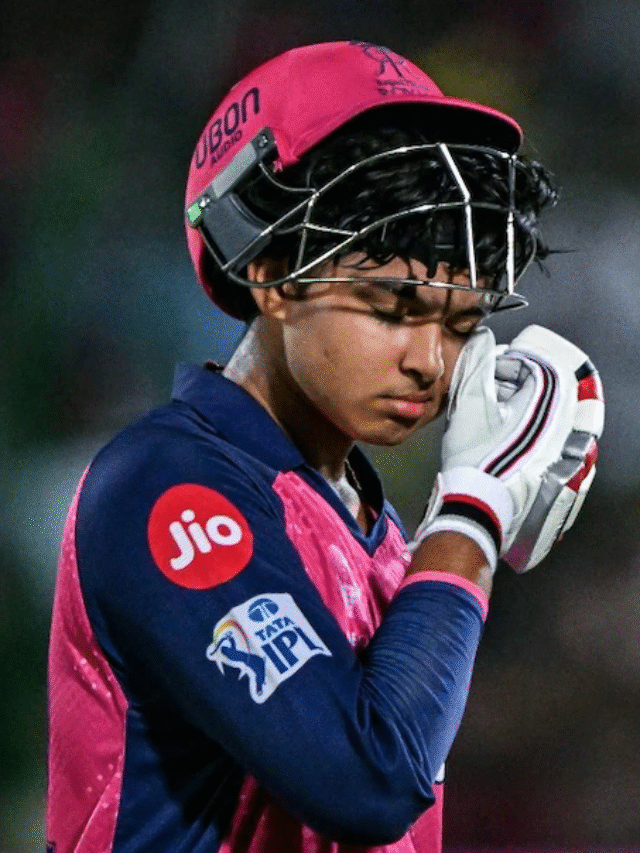“Insurers are now offering policies with in-built global coverage or providing it through add-ons,” said Priya Deshmukh, Head – Health Products, Operations & Services at ICICI Lombard.
At ICICI Lombard, the flagship plan, Elevate, offers a “Worldwide Cover” option. This feature allows policyholders to receive treatment abroad, including organ transplants or niche surgeries, either in emergencies or as planned procedures.
ALSO READ | Understanding return of premium health insurance plan: How it works
“We offer global cashless coverage of up to ₹3 crore, over and above the base sum insured,” Deshmukh added.
Who wants coverage abroad?
Affluent individuals, high-net-worth individuals (HNIs), and globally mobile professionals form the bulk of customers seeking international coverage.
These individuals prefer advanced treatments available in countries like the US, Germany, or Singapore.
“Global coverage becomes especially valuable when treating complex or rare medical conditions,” said Dinesh Mosamkar, Senior VP, Consumer Underwriting at TATA AIG General Insurance. “People with family overseas or connections to international healthcare are also opting for global coverage.”
What to look for in a policy?
Insurers recommend looking beyond just hospital bills.
Riders that offer second opinions, cash benefits during overseas hospital stays, and even coverage for medical evacuation and repatriation are now being offered.
“Customers should check for hospitalisation expense cover, international second opinion options, and medical evacuation benefits,” said Mosamkar.
ICICI Lombard, for example, allows policyholders to add a “Worldwide Cover Waiting Period Reduction” rider to reduce the initial 24-month wait to 12 months.
TATA AIG’s MediCare Premier plan offers a bundle of international benefits, including cash benefits and emergency hospitalization riders.
“It’s prudent to opt for a comprehensive coverage that includes both domestic and international treatment,” Mosamkar noted.
But there are limits
Despite the growing scope, international treatment coverage comes with fine print.
“There are certain terms and conditions,” Deshmukh pointed out.
ICICI Lombard’s global cover is available only on a cashless basis and only at network hospitals. Coverage is capped at ₹3 crore, available only to insured persons up to age 65, and excludes treatment in high-risk geographies as per the FATF list.
Mosamkar added, “Some policies may restrict coverage to specific geographies or cover only emergency treatments. Others may impose cost caps that don’t fully cover advanced procedures.”
Additionally, treatments must often be pre-approved. For planned hospitalisations abroad, ICICI Lombard requires a seven-day advance intimation. Approval is needed before the insured travels for treatment.
How cashless claims work abroad?
Cashless overseas treatment works similarly to how it does in India—but only within insurer networks.
“If the treatment qualifies and is within the network, a pre-authorisation is required,” said Mosamkar. If not, policyholders must pay upfront and claim reimbursement later.
Insurers maintain a list of empanelled hospitals for global care.
ALSO READ | How to pick the right health insurance policy






